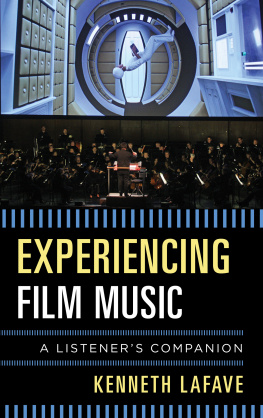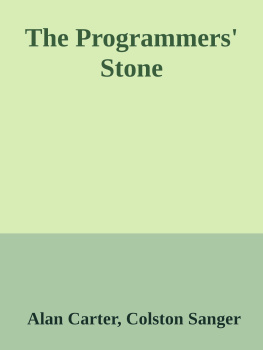
CONTENTS
M y deep thanks to the many composers who generously offered to share their ideas and war stories about their craft and calling, and to their representatives and assistants: Ronnie Chasen and Monique Ward, Brian Loucks at Creative Artists Agency, Helga Wild at the Robert Light Agency, Milina Barry and Malena Watrous of Fine Arts Management, Maggie Rodford and Vicki Quinn at Air-Edel, Annie Ohayon, Linda Dorf at Baker-Winokur-Ryder, April Biggs at Earle-Tones Music, Mi Kyoung Chaing, Deborah Jones, Dean Parker, Jenn Littleton, Rick Kunis, Scott Shukat, Jennifer Bartram, Mary Lou Humphrey of G. Shirmer, Lawrence Taub of the Institute for Regional Education, Randall D. Larson, Katie Barker, Deborah Jones, and Robert Townson of Varse Sarabande Records.
And forte gratitude to Deborah Cabaniss.
Finally, my fondest appreciation to my wife, Tessa Wardlaw. Bravissima!

A s a youngster, one of my proudest record purchases was of the soundtrack for the animated film Yellow Submarine, whose grooves I proceeded to wear down apace. What was unusual, perhaps, was that the tracks on side B (which featured the orchestral background score to the film composed by George Martin, a sprightly pastiche of classical, pop, and humorous vignettes) got as much playif not morethan the Beatles songs on side A. Such was the attraction of music that captured and evoked the films visual extravagance, and an early lesson in the power of music to tell a story or a joke.
Like the medium for which it is created, film music is a relatively young art form, although its ancestorsopera, theater music, and, later, radiohave helped set the conventions by which most film music functions: support the atmosphere and drama of a picture without jarring the listener with the seeming incongruity of an unseen orchestra accompanying two lovers or a car chase.
While most cinema is literalwhat we see is usually what we getfilm music by its very nature allows a filmmaker to expand the scope of a film by introducing nonliteral elements: emotions not evident on the faces of actors, memories of events long gone and undramatized, or contradictory commentary on the actions of characters. When an audience sees an adorable, innocent little boy but hears a hellish, swirling mass chanting praise to Satan, they understand that they are not to believe what they see. Conversely, if we watch a boxer being pummeled and losing a prizefight, but the soundtrack blares a triumphant horn passage, we are being reminded that victory and loss are not so easily defined. Audiences can be challenged to rethink what they experience, and thus film music can make a film deeper and more resonant than it might otherwise be.
Cinema has offered some of the most vibrant and sophisticated music available to mass audiences, yet film music remains an underappreciated art form. It is easy to denigrate a score for a crass, commercial Hollywood time-waster as having no more merit than the film it inhabits, but it is not unusual for a grade-B picture to sport a classy or inventive piece of music from one of the most talented composers working today. Good film music can rise above its material and even live on outside of the film, long after the drama for which it was written has been forgotten. And it is a testament to the composers featured in this book that Hollywood has given them opportunities to write their music and have it performed in a wide variety of styles and genres that would be almost impossible to match on stage or in the concert hall.
Knowing the Score is a collection of interviews with some of cinemas leading composers, working in both the Hollywood studio system and the independent film community. The interviews have been edited together to form a symposium, in which their shared or disparate ideas and experiences about working in the film medium are brought together to give readers a rounded and in-depth glimpse into the filmmaking process.
This book is not strictly for the musician, a technical guide to composition or theory; nor is it a primer on synchronizing music to film running at twenty-four frames per second, or on which software programs are best for mixing MIDI recordings with sound effects. Rather, Knowing the Score is an appreciation of and inquisitive exploration into the art and craft of film music for film buffs and music fans, as told in the words of some of the forms leading practitioners. They will explore such topics as how film composers decide upon a musical style for a given film, how they collaborate with a director, how they make the choices on what function music should serve in the film, how editing changes in a film can affect their music, and how the process of writing film music changes according to the logistics of the project or the temperaments of their collaborators.
In addition, these composers will examine in depth certain noteworthy scores that helped break new ground or stretched the craft in new directions.
Readers will hopefully come away with a new (or renewed) appreciation of the special talents required to make a film score memorable, even timeless, and perhaps to listen even more carefully the next time the credits roll and the music announces a new adventure, a new world.

T he following were interviewed for this symposium:
ELMER BERNSTEIN
With a movie career spanning fifty years, Bernstein has written for such diverse films as The Ten Commandments, The Magnificent Seven, To Kill a Mockingbird, Ghostbusters, Heavy Metal, and The Age of Innocence. He won an Academy Award for the musical Thoroughly Modern Millie.
CARTER BURWELL
Beginning his film composition career with Joel and Ethan Coens Blood Simple (and continuing on all their subsequent films), Burwell has fashioned an eclectic roster of scores, including Rob Roy, Gods and Monsters, and Being John Malkovich.
ELIA CMIRAL
Cmiral began his music career in Europe before coming to the United States in the mid-1990s. After gaining several independent film and TV credits, he was offered the chance to score a high-profile Hollywood studio picture, the John Frankenheimer thriller Ronin.
JOHN CORIGLIANO
An acclaimed concert hall composer of concertos and chamber works, Corigliano composed the groundbreaking scores to Altered States, Revolution, and The Red Violin, for which he won the Academy Award. He is perhaps best known for his 1991 opera The Ghosts of Versailles and for his Symphony No. 1, also referred to as the AIDS Symphony, as it was written to the memory of deceased friends.
MYCHAEL DANNA
A Toronto-based composer and musician, Danna has collaborated extensively with director Atom Egoyan (The Sweet Hereafter, Felicias Journey), and has recently worked with such Hollywood filmmakers as Joel Schumacher (8mm) and Ang Lee (The Ice Storm, Ride with the Devil).
PATRICK DOYLE
An actor and musical director with Kenneth Branaghs Renaissance Theatre Company, Doyle wrote his first film score for Branaghs Henry V and has worked on many of the directors subsequent films. In addition to his Shakespearean scores, Doyle has written lyrical period and contemporary pieces for Sense and Sensibility, A Little Princess, Carlitos Way, and Great Expectations.
PHILIP GLASS
Next page
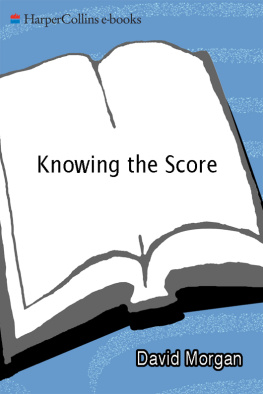
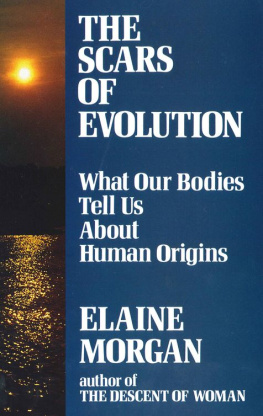
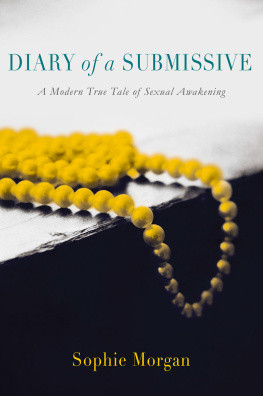
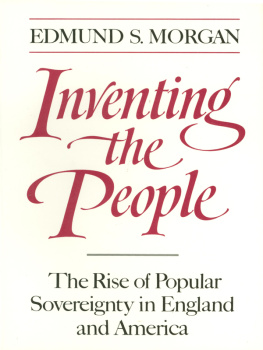
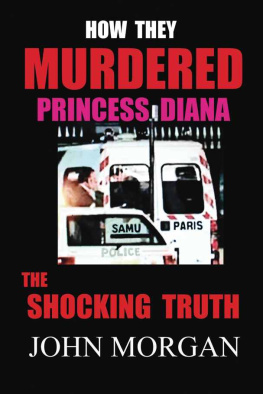
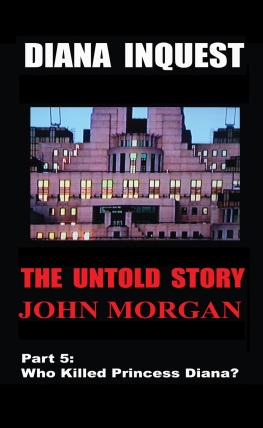
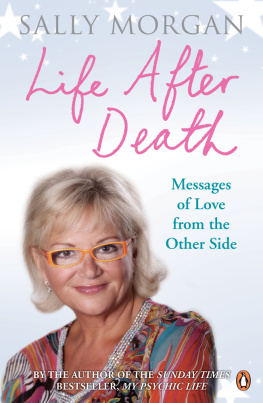

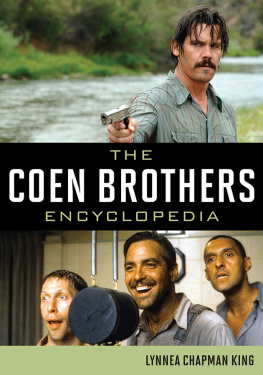
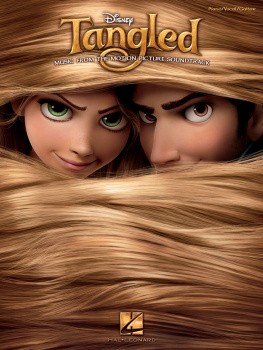
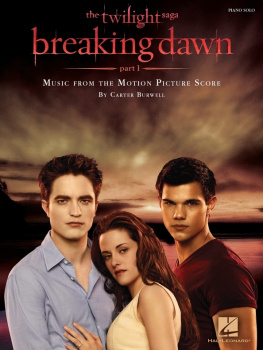
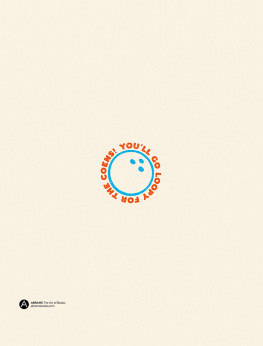
![Ashman Howard - Aladdin: Broadways new musical comedy ; [piano/vocal selections]](/uploads/posts/book/178685/thumbs/ashman-howard-aladdin-broadway-s-new-musical.jpg)
